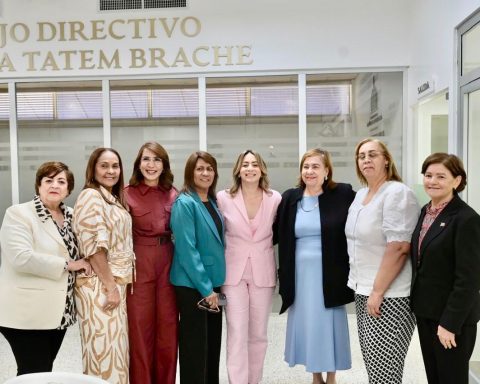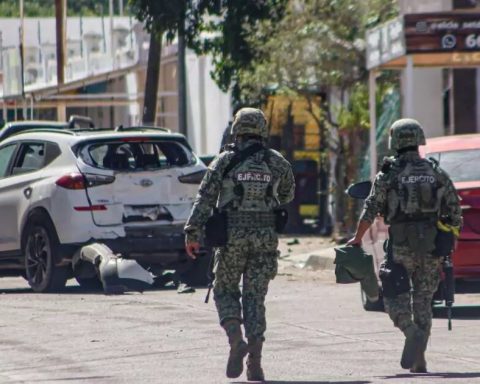The bishops of the Catholic Church of Chile issued a statement regarding several points of the constitutional proposal that will be plebiscited on September 4. It is titled “Elements for discernment” and in it they seek to “contribute to an informed and conscientious vote.”
For the Chilean episcopal conference, the Magna Carta prepared by the Constitutional Convention is “a proposal that makes us face our future, with the challenge of discerning whether or not the text offered provides us with an adequate social and legal framework, to build peace, solidarity and justice in our country, ensuring the institutional functioning that makes it possible and allows channeling the demands of citizens, especially the most vulnerable”.
In the opinion of the religious, including the Archbishop of Santiago, Celestino Aós, “the public debate of recent weeks shows us that the proposed text has not attracted wide and transversal acceptance.”
Regarding Approval and Rejection, they say that we are faced, then, with a choice between two strongly tense positions, which would make each citizen’s decision complex. But, for the same reason, they clarify, “informed discernment and a conscientious vote are necessary, always putting the common good of the country first.” Therefore, they call to fulfill the civic duty of going to vote.
Regarding their positive opinion regarding the proposal for a new Constitution, the Catholic bishops state that “we appreciate the constitutional text in its proposal on social rights, the environment and the recognition of indigenous peoples.”
Regarding the negative, they point out “the norms that allow the interruption of pregnancy, those that leave open the possibility of euthanasia, those that disfigure the understanding of the family, those that restrict the freedom of parents regarding the teaching of their children , and those that pose some limitations on the right to education and religious freedom”.
“We consider the introduction of abortion to be especially serious, which the text of the constitutional proposal calls ‘the right to voluntary interruption of pregnancy’, each of these points are briefly developed, with elements for discernment, in the full text.
To end the text with their analysis of the proposal, the bishops of the country make a special call so that “every citizen personally commits himself to the common good and justice, and seeks to be an architect of peace in the various environments in which he lives. with the others”, especially considering that, “as various voices have expressed, everything indicates that the constitutional debate will continue in the country after September 4, regardless of the option that triumphs in the plebiscite. It is important that it be a debate not only about a text and the best regulations, but about how we continue to seek an increasingly humane and comprehensive development for all (…) we invite no one to refrain from collaborating in the construction of a common project” .
The Bishops of Chile Facing the Constitutional Proposal. by The counter on Scribd


















